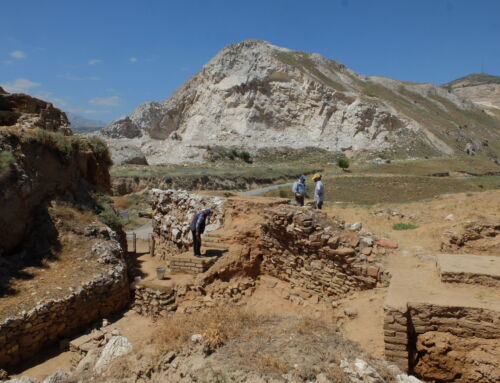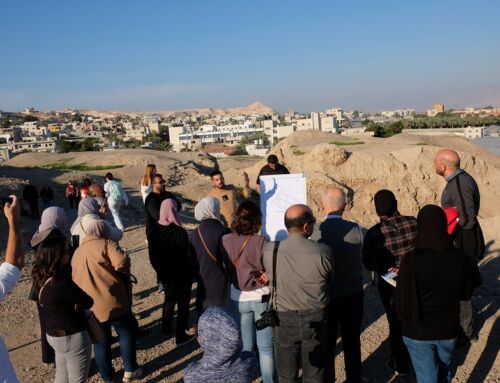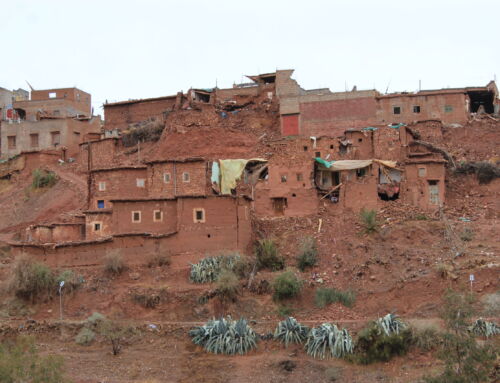Objectives
In West Africa, earthen architecture accounts for 60% of the cultural heritage listed on the World Heritage List. These buildings, which bear witness to the unique know-how, are now under serious threat from the effects of climate change: flooding, drought, erosion, etc. These phenomena not only compromise the conservation of these heritages, but also jeopardise the transmission of traditional building techniques. The result: a weakening of the earthen construction industry and of the building autonomy of local populations.
Faced with these challenges, the "Earthen heritage and climatic resilience in West Africa" project, structured over 3 years, is based on three emblematic sites in three different ecosystems and socio-cultural contexts, to experiment with and demonstrate resilience strategies:
• The impluvium house in the Kingdom of Bandial, in Senegal
• The Sudanese-style mosque in northern Côte d'Ivoire
• Traditional Asante buildings and the knowledge associated with earth construction, in Ghana
This project has four main focuses:
1. Research: to analyse the changes underway and their impact on the sites;
2. Capacity building: to equip conservation professionals with the tools they need to adapt to climate change;
3. Conservation and management: to encourage sustainable approaches to adapt to local contexts;
4. Regional seminars: to promote awareness, knowledge exchange and cooperation in the region.
Partners
EPA, Heritage departments of Senegal, Ghana and Côte d'Ivoire
Funding
ALIPH






